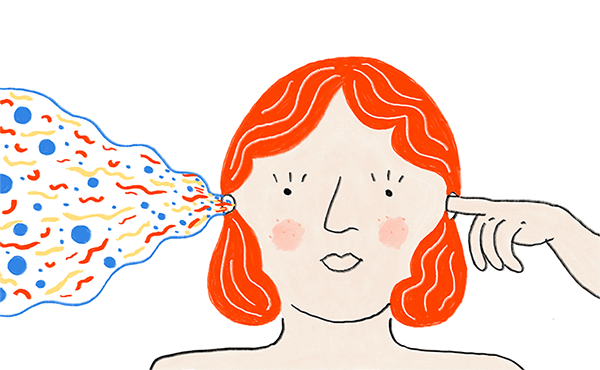It’s long been theorised that excessive and prolonged use of cannabis can have a negative effect on human memory. Now more than ever, health-conscious communities worldwide are questioning if and to what extent CBD is beneficial.
Having been identified as a compound with countless therapeutic properties, CBD is fast-becoming the organic medication of the 21st century. But at the same time, questions persist as to whether or not CBD has an adverse effect on our memory. To such an extent that the whole topic of medical marijuana bud continues to divide the public and experts alike right down the middle.
For the most part, there’s no specific evidence to suggest that CBD has a negative impact on human memory. Nevertheless, limited research into the effects of CBD makes it impossible to reach any definitive conclusions.
Therefore, it’s a case of considering the effect and mechanics of CBD, upon entering the human body.
Why Do People Use CBD?
To date, largely every study into the effects of CBD has confirmed its therapeutic properties. By the year 2020, the market for CBD products worldwide is expected to grow by more than 700%. As a non-psychoactive compound, CBD can be used to treat a variety of conditions – without getting the patient high.
From anxiety to depression to eating disorders to PTSD, CBD has shown remarkable promise in treating many common conditions. Best of all, CBD does not present any of the typical side effects associated with synthetic pharmaceuticals and medications. There’s also zero evidence to suggest that CBD is addictive.
The Science on CBD and Memory
As one of the most powerful cannabis compounds, CBD is usually bracketed alongside THC by most. This explains why concerns exist regarding CBD’s capacity to affect human memory.
Scientifically speaking, however, there’s zero evidence to support such a hypothesis. In spite of heavy criticisms from some corners, research published by the World Health Organization suggests that CBD is not only beneficial but also presents no significant risks whatsoever.
One of the only notable studies into the effects of CBD, when used by Alzheimer’s patients, contradicted longstanding assumptions. To the surprise of the Australian researchers behind the study, CBD was actually found to improve the memory capacity of the test subjects. As the subjects in this instance were mice, no outright conclusions could be reached. Nevertheless, both social recognition memory and object recognition memory were found to be improved when CBD was provided in measured doses.
For the most part, evidence supporting the potential ‘dangers’ of CBD is either circumstantial or anecdotal. Even those who criticise the use of CBD are not able to back their arguments with scientific evidence.
Further Research Required
To date, no scientific or clinical studies have confirmed any connection between CBD and adverse effects on human memory. At the same time, findings that appear to point to harmful effects are scant and inconclusive at best. For the time being, therefore, it remains a case of further research being required.
In the meantime, the importance of knowing where and how to draw the line between THC and CBD has never been greater. THC is the active cannabis compound that delivers its euphoric effects. Strong links have also been drawn between THC consumption and short-term memory implications.
By contrast, all the CBD in the world isn’t going to get you high. Likewise, none of the supposedly ‘harmful’ effects of THC in any way applies to CBD. Medical products containing CBD need to be regarded as an entirely different classification of medical products…which they are.
Source: SeedSupreme
 Based on +200
reviews
Based on +200
reviews


